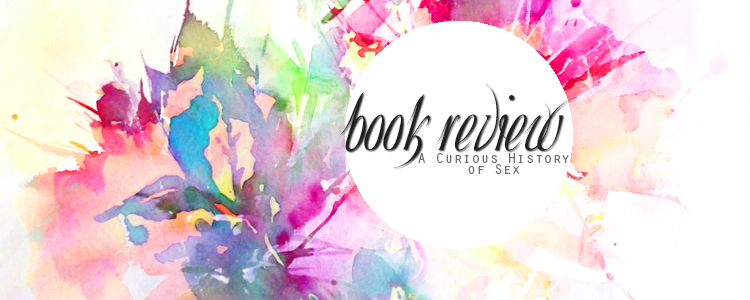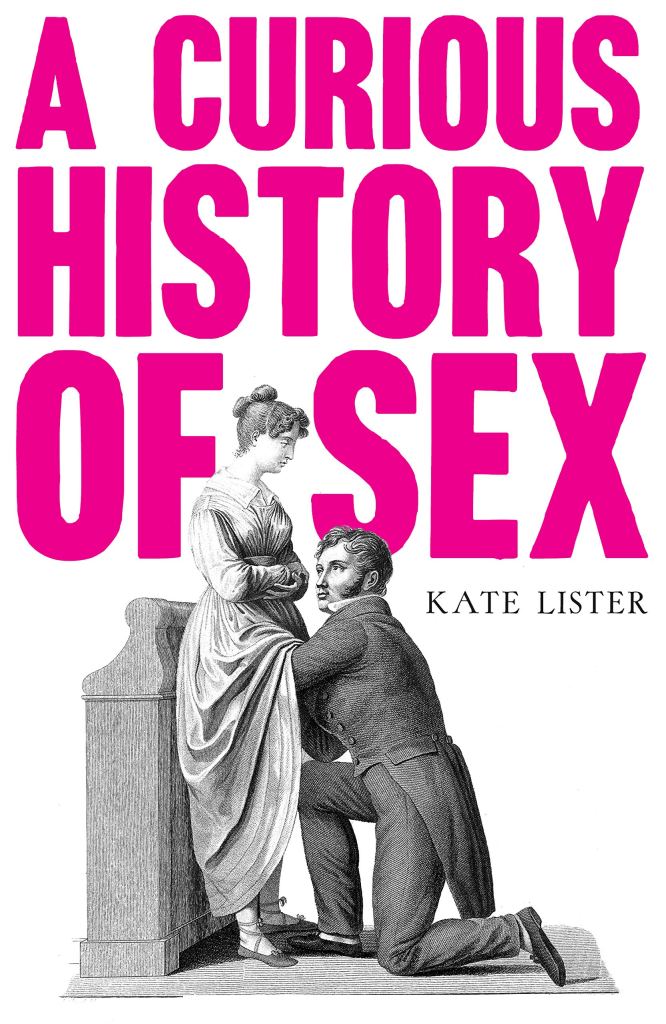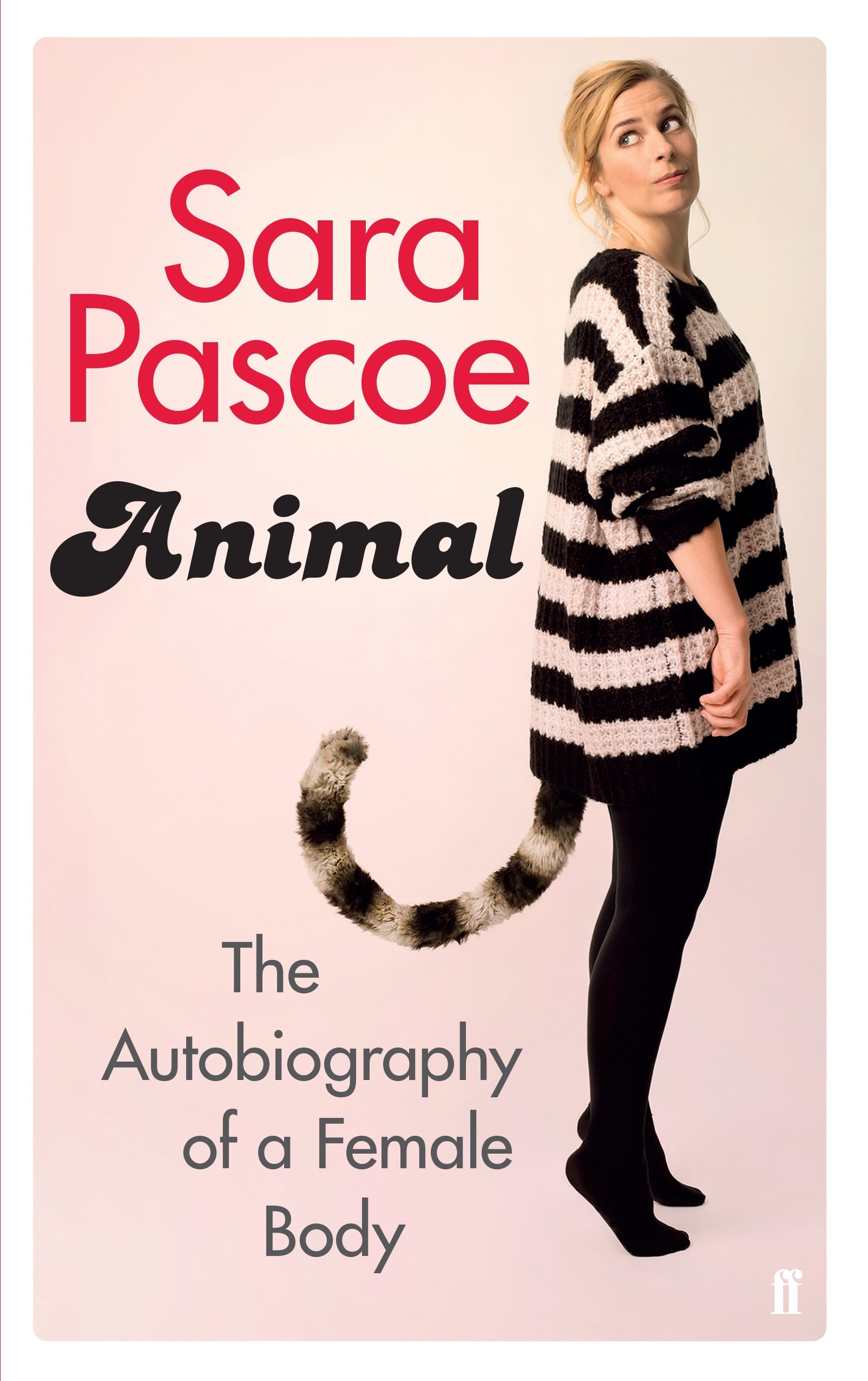If you’re anything like me, you save a book you know you’re going to love for the first book you read in a year. After what was frankly an abysmal reading year in 2020, I knew that I wanted the first book of 2021 to be one that was a belter. I’ve been wanting to read this since I saw Hannah Witton talk about it when it was first published, so when I saw it was finally on Audible I snaffled up the audiobook.
As the title may suggest, this is a history of sex and sexuality. I think it’s fair to say it’s explicit throughout. If the word cunt offends you, probably not the book for you. There’s a whole chapter on the etymology of female genitalia and how the word that is seen as so obscene now is actually the most feminist of any of the words we have in our vocabulary. Even the medical words – vagina, vulva etc – are entrenched in misogyny. That chapter alone is a masterpiece, but throughout the book historical slang for anatomy and sexual acts are used, and honestly that never failed to make me laugh.
Kate Lister’s flair and overall cheekiness made this even more fun. Her personality shone through for me, and maybe it is because she narrated the audiobook herself but I’ve read some reviews and I think that this aspect of her came through even in print. Some of this book genuinely made me pause and laugh out loud, and I think it is genuinely the perfect balance between hard hitting facts and humour. Because the history of sex isn’t always sunshine and rainbows, though quite a bit of it is hilarious. From personal hygiene and communal bathing to pubic hair, by way of the myth/construct of virginity, religion and menstruation – this book is one that really gives a comprehensive history.
As I said, it’s pretty serious in places too. There’s a chapter which covers FGM, and the mutilation that the clitoris has faced over the years in an effort to control the humans who had one. How those who were deemed “abnormal” resulted in people being burnt as witches. How virginity testing – something that is seen as medieval – is still partaken in in parts of the world. There is a chapter which explores the persecution sex workers have faced, and are still facing. And if you’re thinking “this seems very vulva heavy” – there’s horrific stories of how penis owners have suffered through history too.
Something that really brings you back to down to earth is realising how much work we still have to do, that while we’ve made huge waves we still have a long way to go in making sex safe and legal for everyone. In 72 countries it’s still illegal to be gay, in 15 countries expressing gender outside the binary/what you were assigned at birth is punishable by death. Sex workers are being discriminated against now more than ever, and it’s becoming increasingly more unsafe for them to work.
I couldn’t put this book down. There are so many bits that I could sit here and just gush about. I’ve already recommended it to two reading groups, and a couple of friends and I only finished it a couple of days ago. It’s just one of those books that is overflowing with information that you want to share with everyone. I sincerely hope that if the Wellcome prize makes a welcome return this year, that this is on the longlist because it is brilliant. I would urge anyone to read this.
















